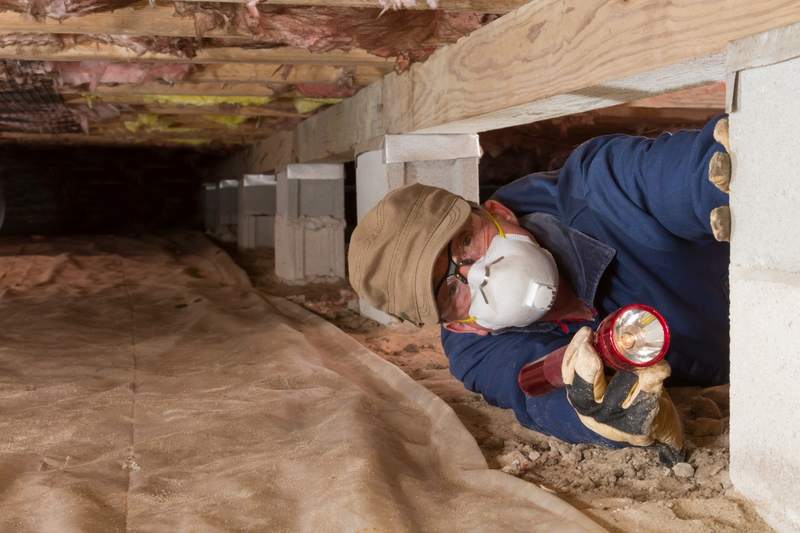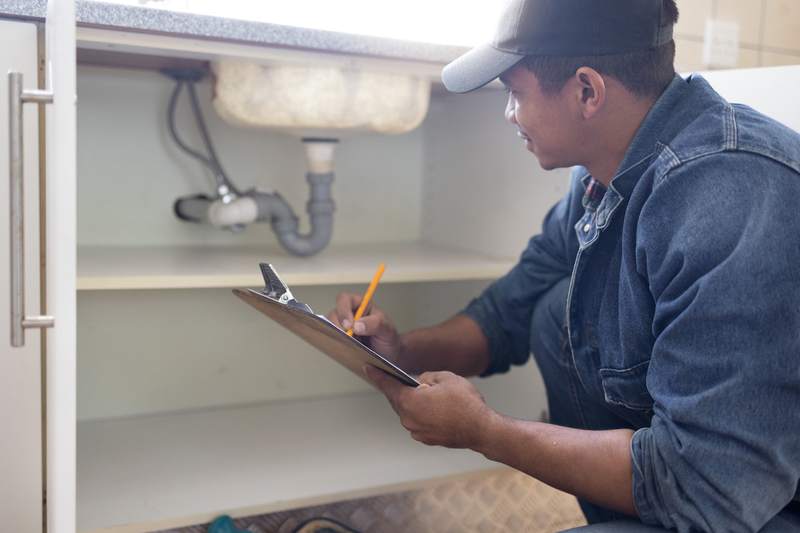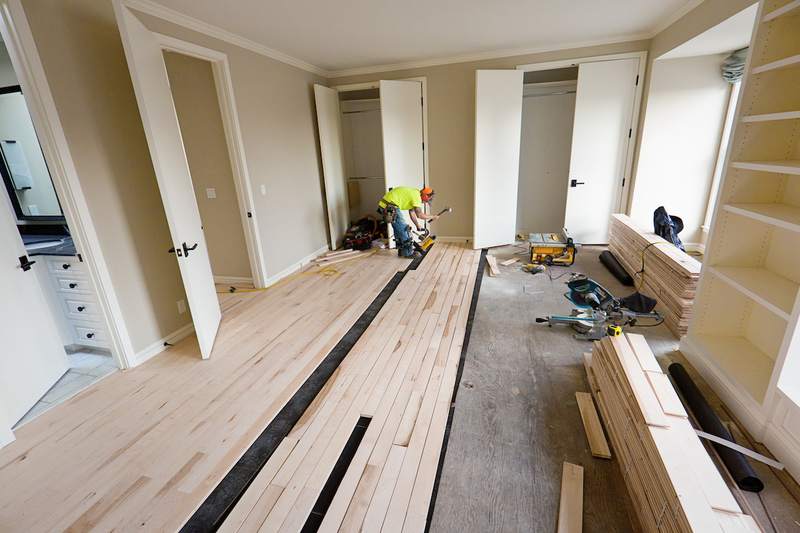
Closing costs are the fees you pay when finalizing your mortgage and assuming ownership of a home.
So, what do closing costs include? They cover loan costs, such as the origination and underwriting fees; property costs, such as the appraisal fee; as well as documentation costs, insurance premiums, taxes, title fees, and third-party services.
Who Pays Closing Costs on a House?
Both buyers and sellers pay some costs at closing, but the buyer pays the bulk of home closing costs.
Are Closing Costs Negotiable?
Some closing costs are negotiable. The buyer can ask the seller to pay some of the costs — these are called seller concessions.
Keep in mind that seller concessions only apply to certain closing costs, and there are limits on how much the seller can contribute overall.
How Much Are Closing Costs for a Buyer?
It’s important for buyers to know that closing costs will be a fairly large sum that needs to be paid in addition to the down payment. Generally, you can expect closing costs to be between 2% and 5% of the purchase price of the home.
How Much Are Closing Costs for a Seller?
The seller can expect to pay 8% to 10% of the sale price in closing costs. They are typically responsible for paying:
- Real estate agents’ commission (6% of the total sale price).
- Half the escrow fee.
- Attorney fees.
- Homeowners association fees (if applicable).
There are limits on how much the seller can contribute to closing costs, depending on the type of mortgage you’re buying the home with. Here’s a look at these limits, shown as a percentage of the total value of the loan:
- Conventional loan:
- Down payment of 10% or less: 3%.
- Down payment of 10% to less than 25%: 6%.
- Down payment of 25% or more: 9%.
- Federal Housing Administration loan: 6%.
- Department of Agriculture loan: 6%.
- Veterans Affairs loan: 4%.
How Can You Reduce Your Closing Costs?
If you’re having trouble coming up with enough money for closing costs, seller concessions are an effective way to reduce the amount you have to pay upfront.
Lender credits are another option. With lender credits, your mortgage lender will charge a higher interest rate on your loan in exchange for reducing your closing costs. Lender credits will help you save money upfront, but you likely will pay more over the life of the loan.
Closing Costs FAQ
Here are the answers to some frequently asked questions about closing costs.











